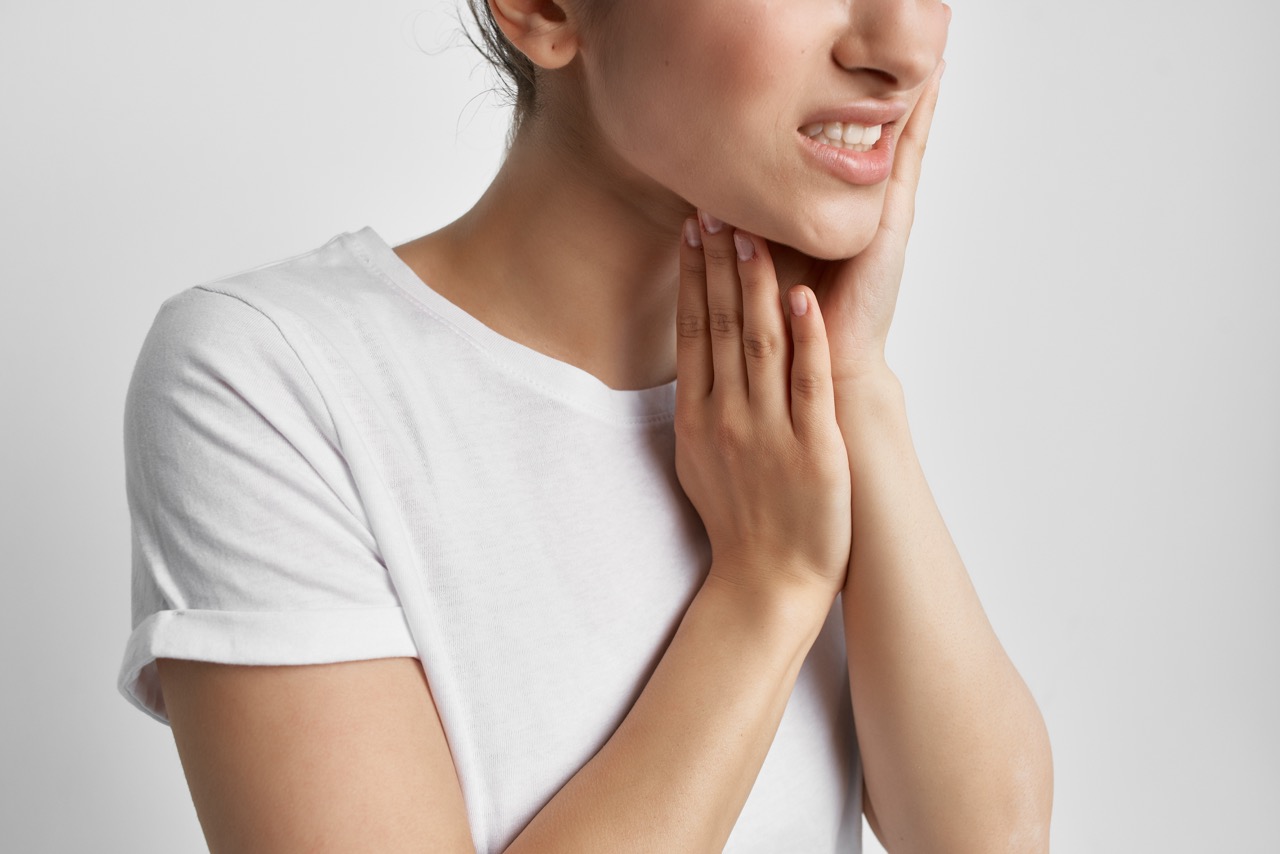There are numerous potential causes of orofacial pain, and they often overlap, making it difficult to pinpoint the exact source.
Common causes include:
- Temporomandibular Joint (TMJ) Disorders: Issues with the jaw joint and surrounding muscles can lead to pain, difficulty chewing, and even clicking or locking of the jaw.
- Muscle Tension and Stress: Tension in the facial and neck muscles, often caused by stress, poor posture, or overuse, can contribute to chronic pain in the face and jaw.
- Nerve Pain: Conditions like trigeminal neuralgia, where the facial nerves are irritated or damaged, can cause sharp, shooting pain in the face.
- Dental Issues: Problems such as toothaches, infections, or misalignment can radiate pain throughout the mouth and jaw.
How Physical Therapy Helps Orofacial Pain
Physical therapy offers a targeted approach to treating orofacial pain by addressing both the underlying causes and the symptoms. Here’s how therapy can help relieve orofacial pain:
1. Improving Jaw Mobility and Function
For patients with TMJ disorders, physical therapy focuses on restoring normal movement in the jaw. Exercises designed to stretch and strengthen the muscles around the temporomandibular joint can reduce pain and improve function. Gentle mobilization techniques may also be used to realign the joint and ease discomfort caused by improper jaw movement.
2. Relieving Muscle Tension
Chronic tension in the muscles of the face, neck, and shoulders is a common contributor to orofacial pain. Physical therapy incorporates manual therapy techniques like soft tissue massage and trigger point release to relieve muscle tension. In addition, stretching and posture correction exercises help alleviate tension in the surrounding areas, promoting long-term relief.
3. Reducing Nerve Irritation
For nerve-related orofacial pain, such as trigeminal neuralgia, physical therapists use specific techniques to reduce nerve irritation. Gentle stretching, mobilization, and desensitization techniques can help calm irritated nerves and lessen painful flare-ups.
4. Education and Lifestyle Modifications
Physical therapists provide valuable education on how to avoid behaviors that can exacerbate orofacial pain. This may include posture correction, jaw relaxation techniques, and advice on avoiding teeth grinding or clenching. By learning how to manage daily habits, patients can prevent future episodes of pain.
5. Stress Management
Since stress is a major factor in orofacial pain, many physical therapy programs include relaxation techniques, breathing exercises, and stress management strategies. These approaches help patients manage tension and avoid triggering facial pain due to stress.
Personalized Treatment Plans for Long-Lasting Relief
At Southern Spine & Sport, we understand that orofacial pain is different for every patient, which is why we create personalized treatment plans that address your specific symptoms and needs. Whether you’re dealing with TMJ issues, muscle tension, or nerve pain, our therapists work with you to develop a comprehensive program that includes:
- Targeted exercises to improve mobility and strength
- Manual therapy techniques to relieve tension and realign joints
- Posture correction to alleviate strain on the muscles and joints
- Education on lifestyle changes to prevent further pain
By addressing the root cause of your pain, our goal is to provide long-term relief and help you get back to living pain-free.
Don’t Let Orofacial Pain Control Your Life
Orofacial pain can be a frustrating and limiting condition, but you don’t have to endure it alone. Physical therapy offers a safe and effective way to manage and reduce your pain, allowing you to regain control of your life. At Southern Spine & Sport, our experienced therapists are here to help you find relief and restore your quality of life.
Ready to take the next step toward relieving your orofacial pain? Contact us today to schedule a consultation and learn more about how therapy can help.






